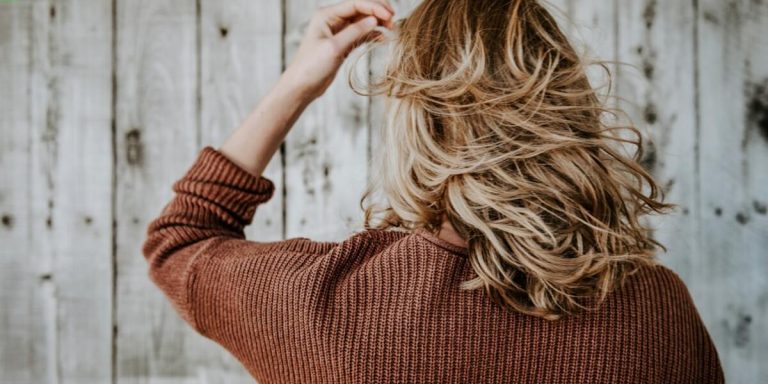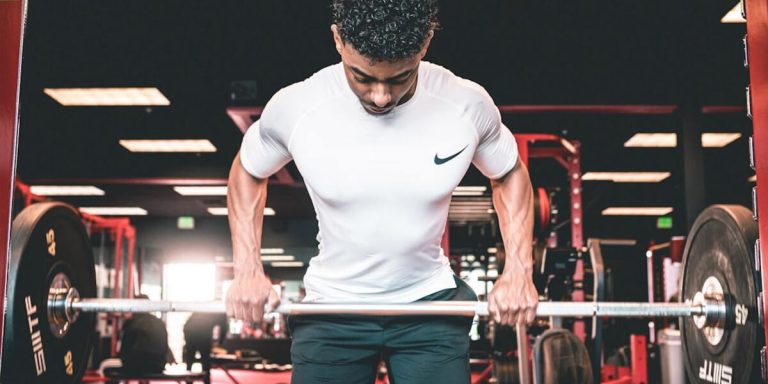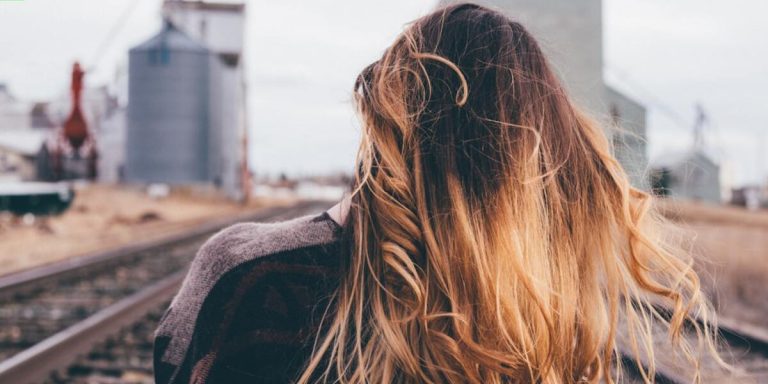Will Conditioner Cause Hair Loss? Exploring the Truth Behind Common Misconceptions
Diving into the realm of self-care and hair maintenance, a question that often arises is “will conditioner cause hair loss?” This enquiry stems from various misconceptions linked to regular use of this product. It has created quite a wave in the world of beauty care, leading individuals to second-guess their routine practices.
This blog post aims at investigating these prevalent myths associated with conditioners provoking hair loss, providing some clarity on this looming concern. Delving deep into scientific researches whilst debunking baseless claims; we endeavour to uncover real causes behind our precious locks shedding off more than necessary.
Did you know?
Contrary to popular belief, conditioner doesn’t directly cause hair loss. However, certain ingredients in some conditioners can create an unhealthy scalp environment and contribute indirectly to hair thinning if used excessively or not washed out properly.
Understanding Hair Loss: Conditioners and Scalp Health
In the quest to achieve thick and lustrous hair, we often resort to various hair care products. One such essential item in our arsenal is conditioner. However, the question arises – will using conditioner cause hair loss?
It’s a concern that seems to have grown prevalent over recent years.
Understanding this requires a deep dive into what conditioners do for your scalp health. Conditioners primarily work by nourishing and moisturizing your strands after you shampoo them, thereby reducing friction between individual hairs during combing or brushing. They help maintain hydration levels within each strand and also restore any lost oils due to washing with harsh shampoos.
Evaluating Ingredients in Conditioners That May Affect Hair Follicles
Evaluating the ingredients in your conditioner is crucial in understanding their potential impacts on hair follicles and ultimately, hair loss. One of the common questions is – “Will conditioner cause hair loss?” This question arises primarily due to misinformation or lack of awareness concerning product formulation.
Firstly, it’s important to remember that conditioners are created with the primary intent to nourish and moisturize your locks. They contain various elements designed for this purpose such as proteins, oils, humectants, cationic surfactants and emollients that give detangling abilities while enhancing shine.
However, not all substances found in these products are beneficial for scalp health. Some might cause irritation leading to an unhealthy scalp environment which can contribute significantly towards shedding strands more often than normal rates.
– Parabens used as a preservative could disrupt hormone function by mimicking estrogen.
– Sulfates create lather but also strip off natural oils from both your tresses and scalp resulting into dryness.
– Silicones coat each strand giving a glossy appearance yet over time they may build up causing heaviness leading towards breakage.
– Alcohol types (like Isopropyl alcohol) act fast drying agents hence lead to brittle damage-prone conditions when exposed frequently.
Your response toward these chemicals largely depends upon personal sensitivity levels. What might be damaging for one person doesn’t necessarily mean it will affect everyone else similarly!
The Role of Scalp Irritation From Conditioners in Hair Shedding
The scalp forms the foundation of strong, healthy hair. However, it can often be neglected in our hair care routines. One particular concern many people have is whether their conditioner could cause scalping irritation and lead to hair loss.
Conditioners are well-known for delivering smoothness and shine to your locks. But if you’ve been noticing more strands on your brush or pillow recently, you might be questioning – “will conditioner cause hair loss?” The answer isn’t straightforward. While conditioners themselves don’t typically initiate balding or thinning issues directly, they can contribute indirectly depending on how they interact with your scalp’s health.
Almost all types of conditioners contain chemicals like cetyl alcohol and stearyl alcohol that may irritate sensitive scalps upon repeated use over a long period of time (months/years). This constant scalp inflammation from harsh ingredients creates an unfavorable environment for optimal follicle function which in turn impacts adequate growth cycles leading to noticeable shedding.
Myths vs. Facts: Can Regular Use of Conditioner Lead to Hair Thinning?
It’s common to stumble upon myths when it comes to beauty and grooming routines – hair care isn’t an exception. One such disputed claim floating across the internet is about regular use of conditioner causing hair thinning or loss. However, let’s debunk this myth using scientific insights.
Firstly, conditioners are applied primarily on the lengths of your hair rather than directly onto your scalp. Their job is to nourish and moisturize coarse strands making them softer and tangle-free which eventually reduces breakage caused by vigorous brushing or combing that might result in minimal transient hair fall but not permanent baldness per se.
Next up, contrary to the widespread belief – Conditioner does NOT instigate long-term hair shedding! Hair products may react differently from person-to-person due its unique combination of ingredients specific for different types of hairs (dry versus oily). Hence some people might experience more fallout if a particular product doesn’t suit their scalp type- however attributing this solely towards conditioner-induced baldness would be misleading!
In essence, scientifically speaking there’s no proven evidence linking usage of conditioners with increased rates of persistent alopecia i.e., chronic irreversible patterned form of balding seen both in men and women alike. Always remember that every individual has distinct genetic makeup hence what works best for one need not necessarily work perfectly well for another.
So feel free embracing those silky locks bestowed by our humble little friend called ‘conditioner’ without fearing any drastic ramifications like uncontrolled clumps offalling out relentlessly!
Debunking Common Misconceptions About Hair Care Products
The belief that regular use of conditioner can lead to hair thinning is a widespread misconception. People often express concern about whether conditioners and other hair care products might be contributing factors in their battle against hair loss. However, it’s important not to confuse correlation with causation when discussing “will conditioner cause hair loss”.
Firstly, we need to understand what purpose a conditioner serves for our tresses. Typically applied after shampooing your mane, conditioners are primarily aimed at improving the look and feel of human locks by reducing friction between strands allowing smoother brushing or combing which may help reduce breakage from mechanical actions such as those.
Let’s discuss how its usage can lead to misinterpretations, causing people to believe it could result in thinner locks.
Analyzing Scientific Evidence on the Impact of Conditioning Agents on Hair Density
In the quest to maintain healthy, luscious locks, many of us resort to various hair care products. One such vital product is a conditioner. However, there’s been a swirling debate about whether conditioners lead to hair thinning or even loss.
However, let’s delve deeper into this issue utilizing scientific perspective instead of relying on ambiguous myths.
A study published in the Journal for Investigative Dermatology suggests otherwise. According to their findings, most conditioners contain ingredients like Amodimethicone and Stearyl Alcohol which are known for improving wet combability – reducing chances of breakage during styling or brushing when our tresses are at their weakest state.
Preventive Measures for Avoiding Hair Loss Due to Conditioners
Many people are left wondering if their conditioner is causing hair loss, given the plethora of information and misinformation circulating. However, while it’s true that certain ingredients in some conditioners may contribute to hair thinning or even hair loss over time, this isn’t universally applicable.
The key lies in being aware and cautious about what we apply to our scalps. It pays off investing time in understanding your own personal needs based on your hair type and scalp conditions because not all products work equally for everyone. For instance, a person with dry scalp might benefit from hydrating conditioners loaded with essential oils whereas too much moisture can weaken roots leading to breakage for oily scalps.
Best Practices for Selecting the Right Type of Conditioner
Understanding what you put on your hair is key to preventing unnecessary loss. In the world of conditioners, not all are created equal and can be a contributing factor to excessive shedding if care isn’t taken during selection. The query “will conditioner cause hair loss” might even have crossed your mind.
Firstly, let’s demystify this: using conditioner itself will not directly lead to hair fall; however, certain ingredients commonly found in some brands may harm overall scalp health due to their harsh nature or allergic reactions they could trigger. Here are some best practices for choosing the right type of conditioner.
Know whether you’ve got dry, oily or normal hair as different types require distinct kinds of conditioning treatments. For instance, thicker formulations work better for people with dried-out strands while folks having an oily scalp would benefit from lighter variants that won’t add extra grease.
Make sure the product labels don’t list sulfates like SLS (Sodium Lauryl Sulfate). These chemicals create suds but also strip away natural oils leading potentially towards brittle locks and increased breakage.
These mostly chemical mixtures can irritate sensitive scalps causing itchiness or redness thereby indirectly promoting non-genetic balding over long-term exposure.
Tips for Safe Application to Minimize Potential Negative Effects
With the continual use of hair conditioners, one may find themselves asking: “Will conditioner cause hair loss?” Whilst there’s no definitive evidence linking regular conditioning to baldness, certain practices might increase risk. Here are some tips for safe application in 2023 that could help minimise potential negative effects.
Avoid slathering your scalp with an excessive amount of product as this can lead to potentially harmful build-up on your scalp and follicles over time. The right way is to use the necessary quantity based on the length and thickness of your hair; usually a dollop approximately nickel-sized should suffice.
Conditioner often works best when applied mainly towards the ends rather than from root-to-tip, especially if you have fine or oily-prone locks; they tend not only weigh down but also greasy faster at roots which won’t be ideal for those obsessed about volume.
Failing to rinse properly will result in residue accumulation leading eventually possible issues like dandruff recurrence alongside others inflammation-triggered conditions primarily alopecia (hair fall). Ensure every strand gets cleaned post-application without leaving behind any traces because ‘less always means more’ under such circumstances!
Conclusion
In the grand scheme of haircare, we can confidently debunk the misconception that conditioner is a villain in your story. The truth is far from it; using conditioners will not cause hair loss but rather see to it that your tresses feel nourished and remain strong. Fill yourself with knowledge before subscribing to misleading theories.
Remember, every head of hair tells a different narrative. What works for some may not work for others. So make sure you understand what suits yours best by looking around our website where an ocean filled with articles on ‘Hair Loss Causes’ awaits you!
It’s time to give those locks the attention they deserve whilst promising them better days ahead.







